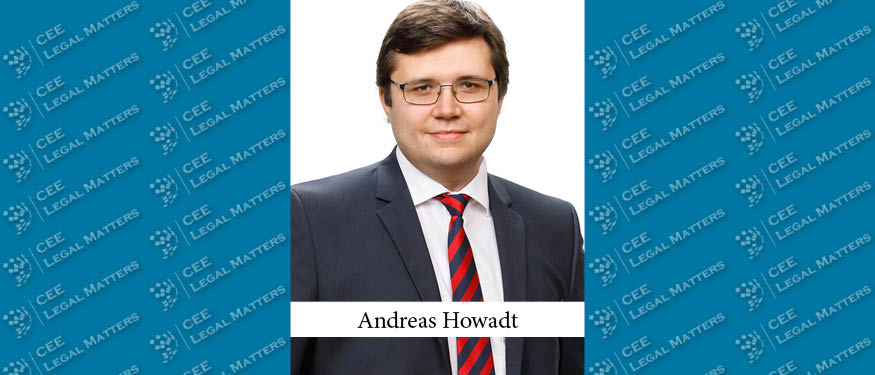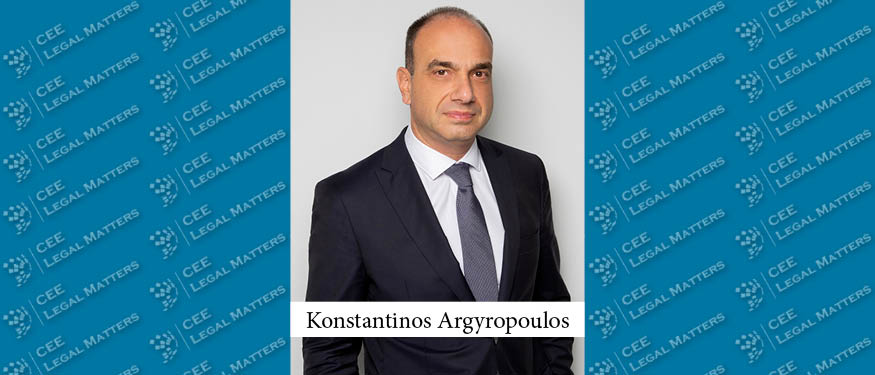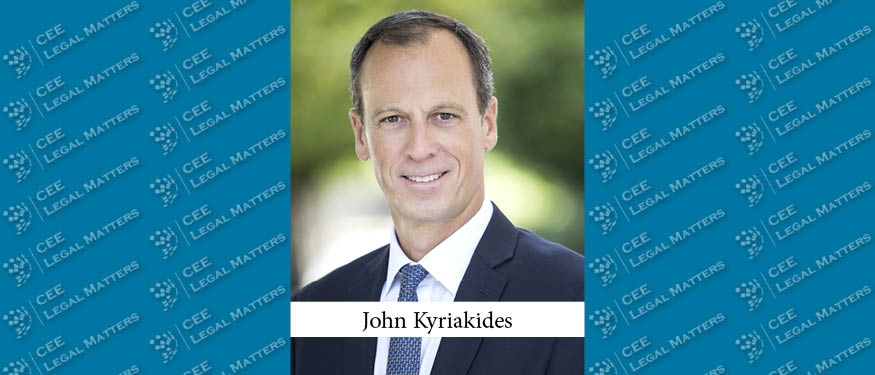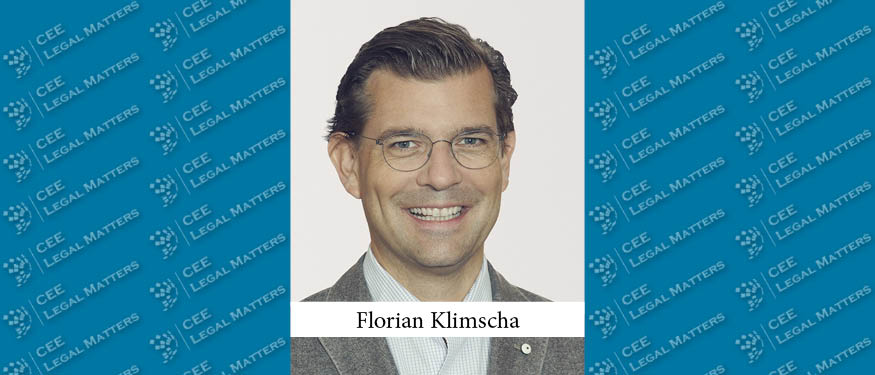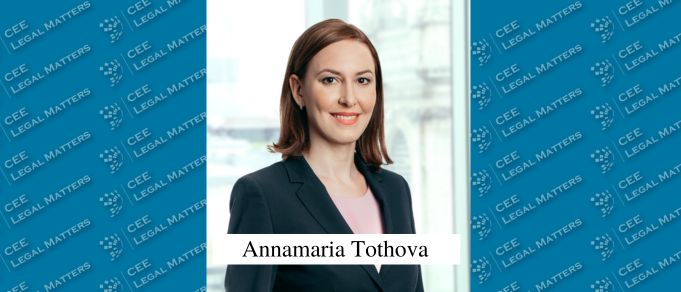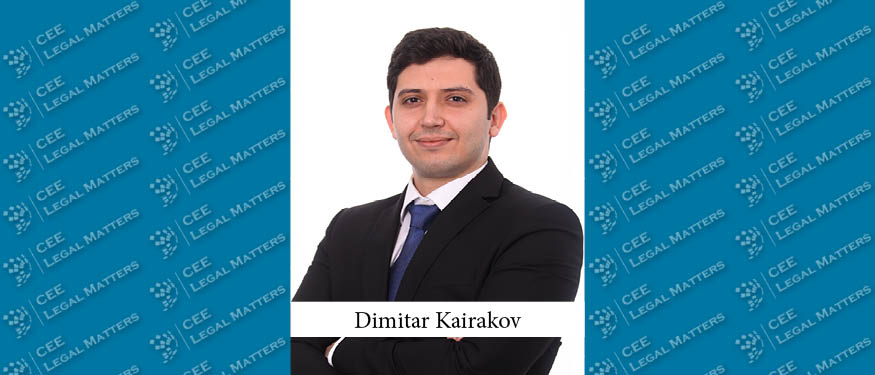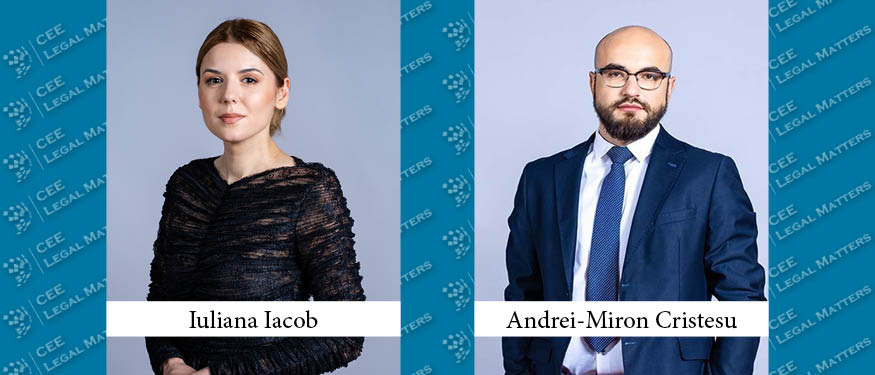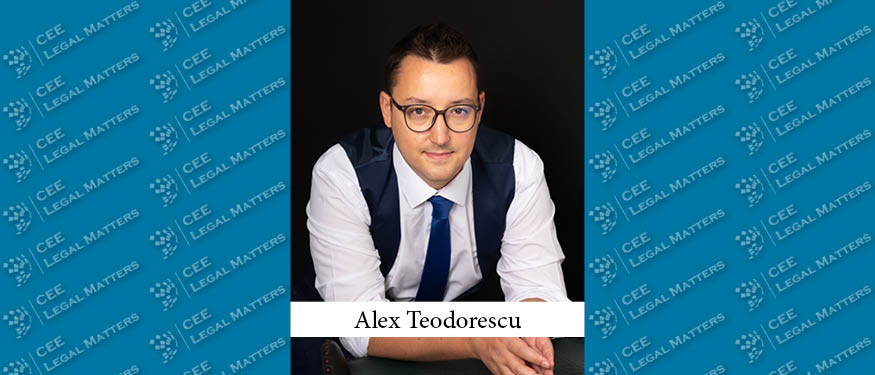Austria continues to experience a wave of significant insolvencies, stretching court resources and prompting comparisons to past recessions. Recent legal frameworks have introduced new possibilities for restructuring, though so far with limited uptake. Taylor Wessing Counsel & Head of Insolvency Andreas Howadt examines both the immediate pressures – rising liabilities, high-profile failures, and logistical strains – and the evolving legal environment looking ahead to 2025.
Inside Insight: Simone Quantschnigg of Vamed Care
Overseeing legal matters for a complex healthcare organization demands both technical prowess and pragmatic decision-making – something Simone Quantschnigg has grown quite familiar with. Stepping in as General Counsel of Vamed Care group following a carve-out last year, Quantschnigg talks about her path from private practice to in-house leadership, the biggest adjustments in adopting an internal counsel role, and the forward-looking strategies she envisions for her evolving legal department.
Inside Insight: Konstantinos Argyropoulos of Space Hellas
With nearly three decades of experience in the legal and technology sectors, Space Hellas General Counsel Konstantinos Argyropoulos reflects on his journey as an international lawyer, from studying law in Athens, Paris II, and Harvard to leading the legal team of a multinational tech company.
Know Your Lawyer: John Kyriakides of Kyriakides Georgopoulos
An in-depth look at John Kyriakides of Kyriakides Georgopoulos covering his career path, education, and top projects as a lawyer as well as a few insights about him as a manager at work and as a person outside the office.
Know Your Lawyer: Florian Klimscha of Freshfields
An in-depth look at Florian Klimscha of Freshfields covering his career path, education, and top projects as a lawyer as well as a few insights about him as a manager at work and as a person outside the office.
Montenegro: PPPs – Legal Framework, Challenges, and Examples
PPPs represent a long-term collaboration between the public and private sectors, enabling more efficient construction, maintenance, and management of infrastructure, with an optimal distribution of risks and financial obligations.
Slovenia: Navigating Ljubljana’s Office Real Estate Landscape
Ljubljana, the capital of Slovenia, is currently witnessing a substantial increase in the development of Class A office spaces. Over the next three years, the city is set to introduce more than 100,000 square meters of new Class A office spaces. These developments are characterized by modern designs and a strong emphasis on sustainability, aiming to achieve energy certifications that are crucial for ESG compliance.
Slovakia: New Construction Legislation (Again), EIA, and Strategic Investments
Permitting of any projects is a long-standing problem in the Slovak Republic. It seemed that this problem would largely be solved by the new construction legislation that was approved in 2022 and was supposed to enter into force fully on April 1, 2024.
Bulgaria: Energy Storage Infrastructure on the Rise in Bulgaria
In recent years, Bulgaria has increasingly prioritized the development of energy storage infrastructure as part of its broader transition to a more sustainable and resilient energy system. With growing renewable energy capacity, particularly from solar and wind sources, the need for efficient storage solutions has become critical to balancing supply and demand.
Greece: Key Differences and Selection Criteria in Concession Agreements vs Public-Private Partnerships
Governments increasingly involve the private sector in infrastructure projects through concession agreements or public-private partnerships (PPPs). While both models attract private investment, they differ significantly in financial structures, risk allocation, and regulatory framework. Choosing the appropriate model depends on project objectives, revenue generation potential, and public sector involvement in funding and oversight.
Ukraine: Public-Private Partnership Legislative Transformation for Post-War Reconstruction in 2025
The year 2025 is poised to mark a significant legislative update in Ukraine’s public-private partnership (PPP) framework, representing a critical strategic approach to the country’s comprehensive post-war reconstruction efforts. The government, Parliament, and key stakeholders are actively preparing for an extensive rebuilding effort focused on infrastructure damaged during military hostilities. This process will rely on support from the European Union, the United States, international financial institutions, and other major donors.
Small Debts Simplified Claims Threshold Increase Welcomed by Romanian Businesses
On April 8, 2025, the lower Romanian chamber of the Parliament approved the legislative proposal no. 606 (Proposal) that aims to raise the threshold pertaining to the initiation of a specific type of lawsuit concerning debt recovery.
Employing Foreign Nationals in Romania: Challenges, Regulations, and Solutions to Overcome Labor Shortages
Romania continues to experience a significant labor shortage due to widespread emigration and demographic decline, particularly in the construction, trade, and HoReCa (Hotel/Restaurant/Café) sectors.
Transposition of the Corporate Sustainability Reporting Directive in Romania
Romania is taking a decisive step toward integrating the EU’s Corporate Sustainability Reporting Directive (CSRD) through the triple regulatory framework simultaneously established by the Ministry of Finance through Order No. 85/2024, the Financial Supervisory Authority through Norm No. 4/2024, and the National Bank of Romania through Order No. 1/2024.
Romania’s Logistics Landscape in Motion: Strategic Shifts Amid Market Consolidation
Romania’s logistics and transportation sector is entering a new era. With the recent regulatory approval of DSV’s acquisition of DB Schenker, the industry is witnessing the most significant consolidation move in over a decade. The deal directly reshapes how logistics providers in Romania position themselves, scale their operations, and recalibrate strategic priorities.
Powering the Future: Key Legal Developments in the Romanian Energy Sector for 2025
The Romanian energy sector has been a hot topic in recent years due to market developments as well as to the legal framework which continued to adapt to governmental policies and the market’s needs. 2024 was no exception to this trend, with several milestones reached, and 2025 is expected to bring further changes and evolutions on the market.
The Constitutional Court of Romania Definitively Settles the Issue of Building Permits Following the Annulment of Zonal Urban Plans
On April 9, 2025, the Constitutional Court of Romania (CCR) published a press release with significant implications for urban planning practice and real estate development in Romania.
Accessibility Law and Its Impact on Banking Services in Romania
Romania is set to implement a significant legal framework aimed at enhancing the accessibility of products and services for all consumers, particularly those with disabilities.

